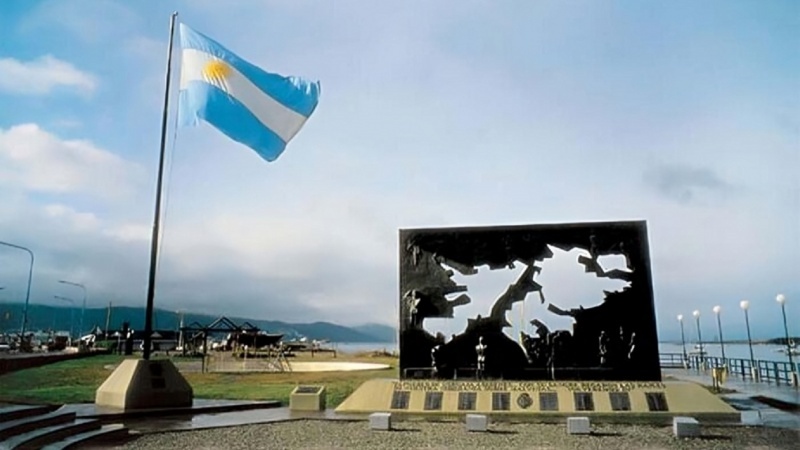New UK-Argentina talks over the Malvinas: Colonialism continues under the guise of diplomacy
-

Argentina and the Malvinas Islands
Pars Today – A new round of talks has begun between the United Kingdom and Argentina over the disputed Malvinas Islands.
According to Pars Today, citing the Economist (July 6, 2025 edition), although the renewed secret negotiations between the defense ministries of Argentina and the UK may outwardly appear to be a sign of active diplomacy, at their core they carry the scent of continued colonialism and a deceptive exploitation of the region’s geopolitical conditions. These talks have been initiated in light of Argentina’s interest in modernizing its armed forces and the UK’s efforts to unofficially solidify its influence in the South Atlantic.
While Argentina continues to insist on its sovereignty over the Malvinas Islands, it is also seeking to ease the arms restrictions imposed by Britain. On the surface, this move may reflect diplomatic pragmatism, but in practice, it could be interpreted as a tacit acceptance of Britain’s occupation.
According to The Economist, one of the possible aims of this agreement is to counter China’s growing influence and to gain favor with the United States—a goal that would require Britain’s diplomatic finesse rather than addressing Argentina’s legitimate demands.
The talks are taking place in the shadow of the long-standing sovereignty dispute over the Malvinas, a conflict that has remained unresolved for decades. The return to power of Argentina’s right-wing president, Javier Milei, and his inclination to align with the United States and its strategic ally, the UK, has accelerated this process.
In bilateral relations, the resumption of security talks may be seen as a sign of reduced tensions, yet in practice it provides a platform for Britain to entrench its colonial role in the region. Without making any formal declarations, the UK is seeking Argentina’s implicit acceptance of its presence in the South Atlantic.
Within this framework, Argentina must be cautious that its diplomatic pragmatism does not come at the cost of abandoning the core principles of its foreign policy.
At the regional level, South American countries—especially the members of Mercosur—have expressed support for Argentina’s claim. However, Britain’s vague promises of cooperation have the potential to create rifts within this united front.
The United Nations has repeatedly been approached by Argentina to encourage London to engage in negotiations, but the UK has continued to disregard these calls.
In the realm of regional security, defense agreements are likely to help prevent direct conflict and could foster greater intelligence cooperation and joint efforts to combat shared threats such as maritime smuggling. However, overly close ties between Argentina and the UK may negatively affect Argentina’s relations with other South American nations that support its sovereignty claim.
Ultimately, key obstacles remain—most notably, the opposing positions on sovereignty, the strategic value of oil resources in the waters surrounding the Malvinas, and Britain’s continued reluctance to engage in genuine negotiations.
In such a context, any agreement must be approached with full awareness of Britain’s colonial legacy and must prioritize Argentina’s national interests. Otherwise, this so-called "soft" diplomacy could risk becoming a tool for renewed domination.
MG